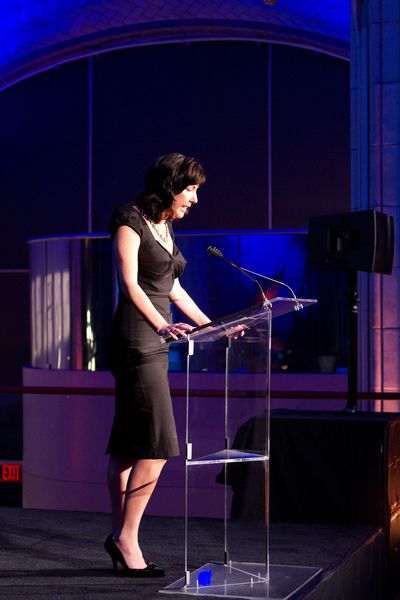Pamela Mahoney Tsigdinos
New website under construction. Check back soon.
- Writer
- Author, Silent Sorority (Audible edition now available)
- Researcher
- Focus on Health, Community and Policy
- Follow on Medium
Follow on Blue Sky

New website under construction. Check back soon.
